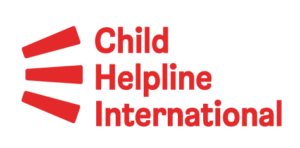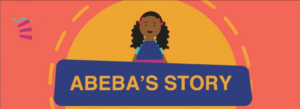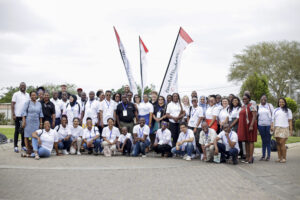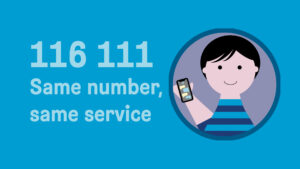Child helplines around the world support millions of children and young people every year. They respond to issues ranging from serious violations of children’s rights to children who just want someone to chat to on the way back from school. They actively listen to and help children and young people, and they prevent violence and other forms of harm against children. Ultimately, they empower children to help themselves.
Every year, we collect data from our child helpline members about the children and young people who are making contact with them. We can learn from what these children and young people tell us, and this enables our members to improve their services and allows us all to provide decision-makers with reliable data that will ensure that children’s rights policy effectively addresses the issues children and young people are facing.
This publication is a product of our Voices in Eastern and Southern Africa during Covid-19 (VESAC) project, which aims to support three child helplines as they respond to the increased number of contacts being made by children and young people during the Covid-19 pandemic.
Child helpline data for 2019 and 2020 and technical note – what you can find in this publication
The aim of this publication is to present the impact the pandemic is having on children and young people and on child helplines, and to present a series of good practices identified by child helplines who participated in our Community of Practice on counselling practices during the Covid-19 pandemic.
In this publication you can find a compilation and analysis of annual data from 2019 and 2020, supported by four quarterly surveys carried out in 2020, for three of our child helpline members in Eastern and Southern Africa:
This data provides us with an insight into the issues facing children in these countries, particularly during the Covid-19 pandemic.
Violence was one of the top two main reasons for contact reported by all three child helplines in 2020. 88% of contacts received by Ethiopia were related to this topic, with Malawi recording 33% and Burundi recording 28%. Access to essential services was the second main reason for contact reported by two child helplines in 2020, with Burundi recording 54% of contacts, and Malawi recording 40%.
This publication includes key advocacy messages and key recommendations for national governments, NGOs and donors, all of whom have the power to unlock further resources and opportunities for child helplines.
It also offers a series of best practices to address some of the most pressing issues within the theme of counselling – and again, especially within the context of the Covid-19 pandemic – that were identified by child helpline representatives in our March 2021 Communities of Practice.
Our publication is available in English, French and Amharic. Please click on the relevant link below to read the data, our advocacy messages and the counselling best practices in full:
Spread the word!
Please help promote the amazing work of child helplines by sharing this article on your social media channels!




